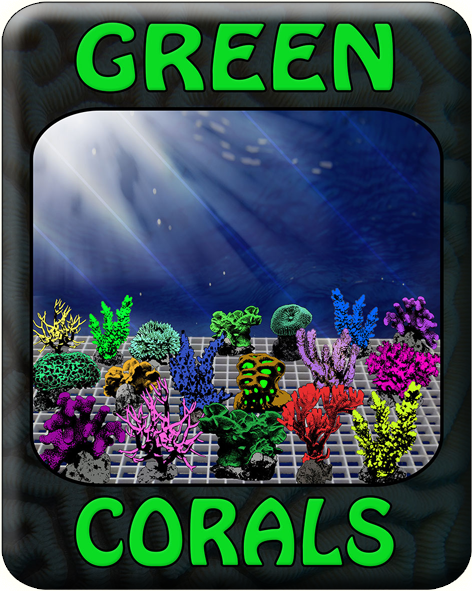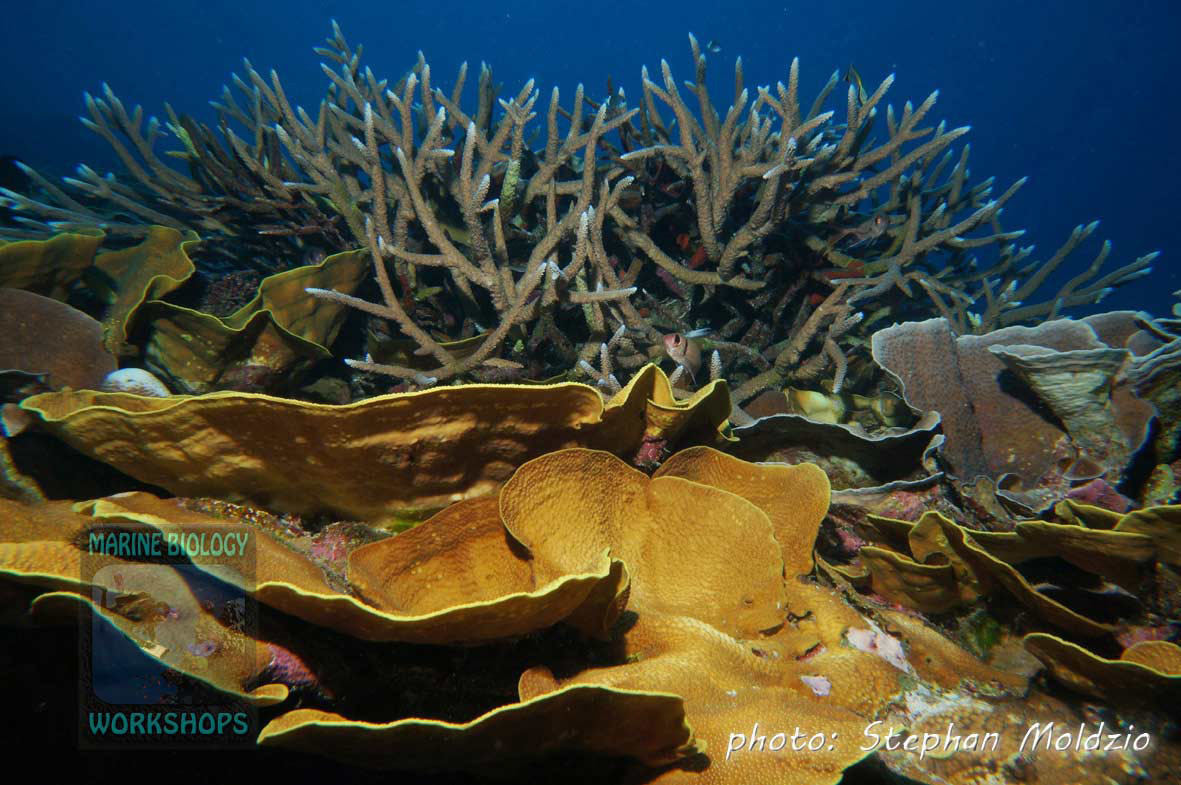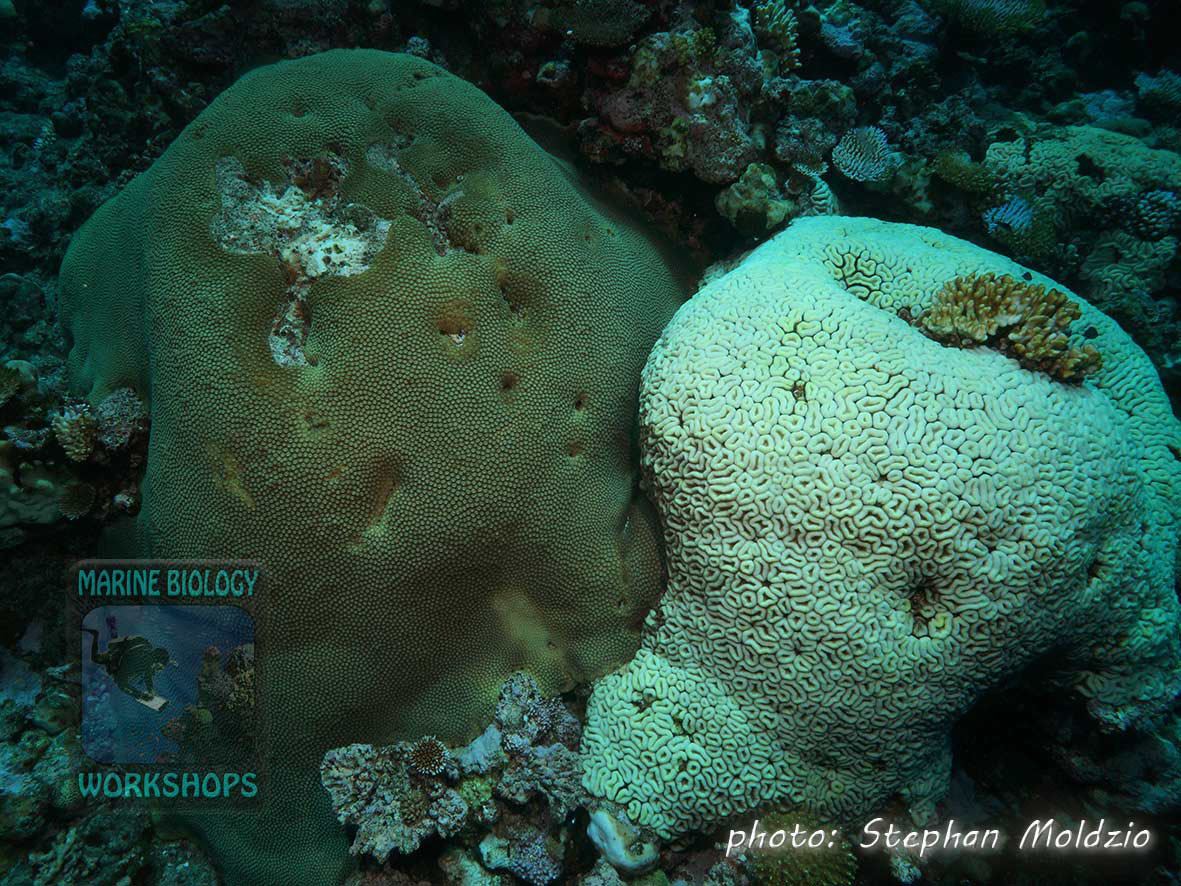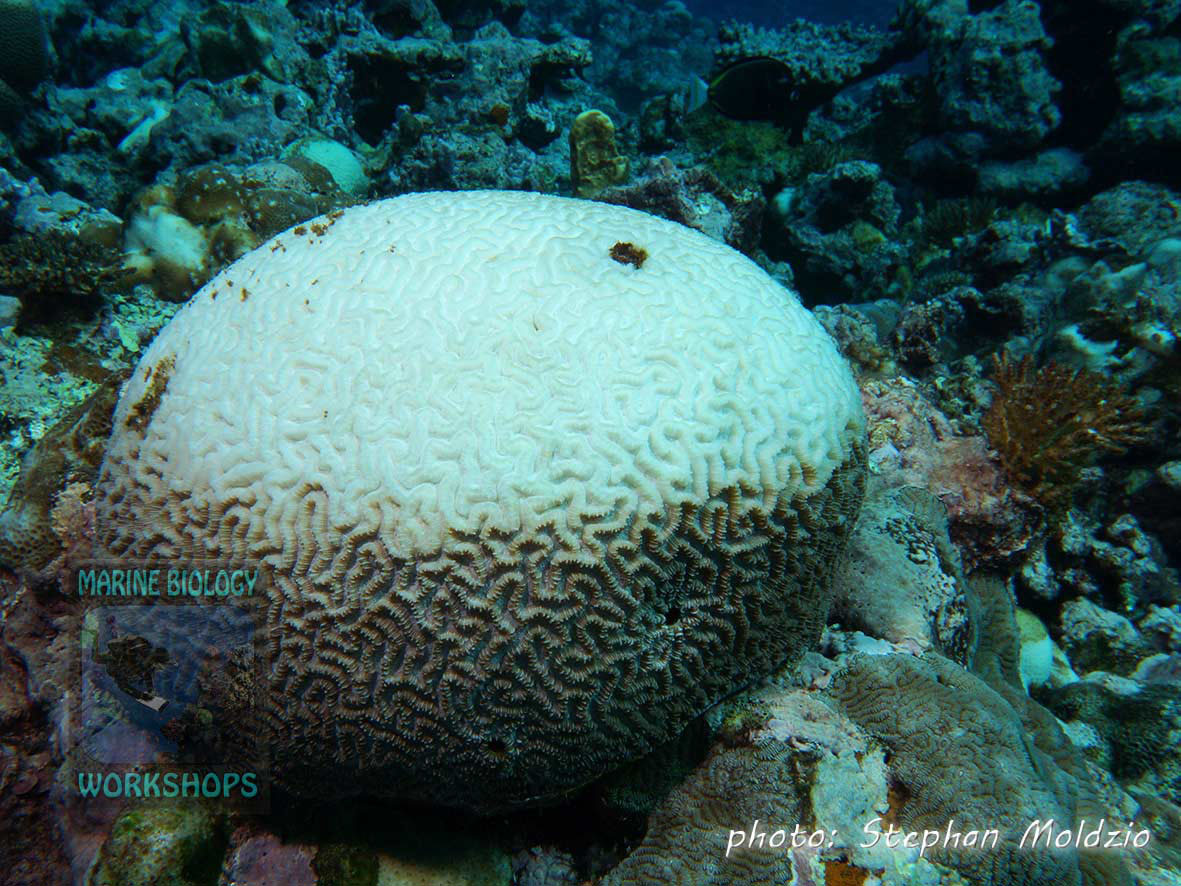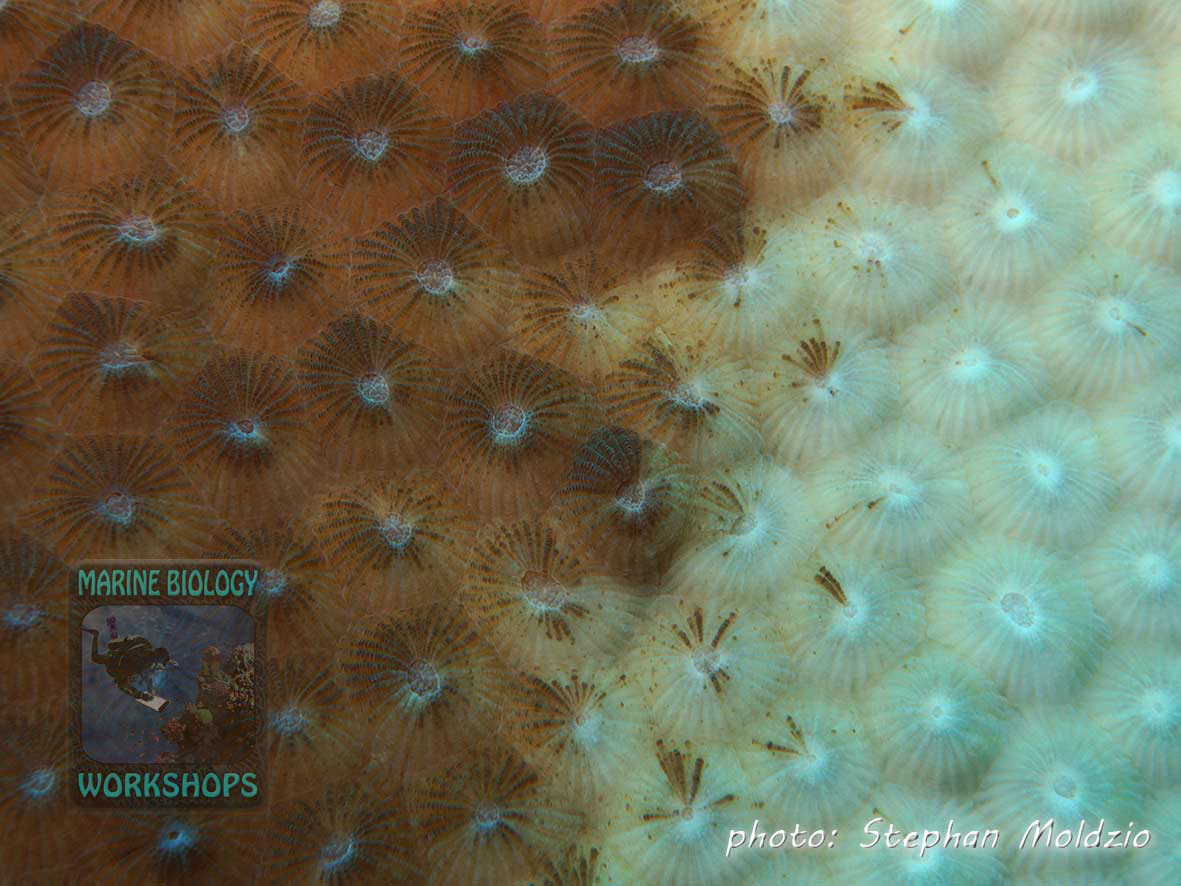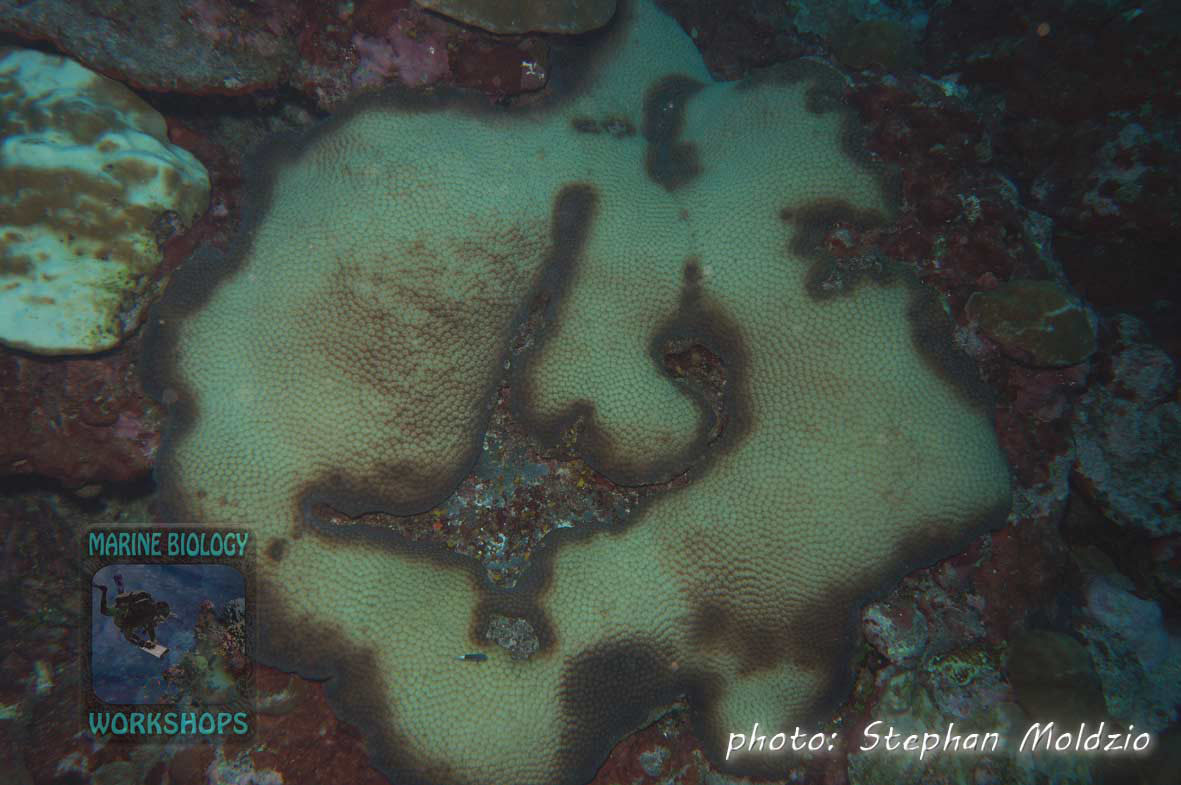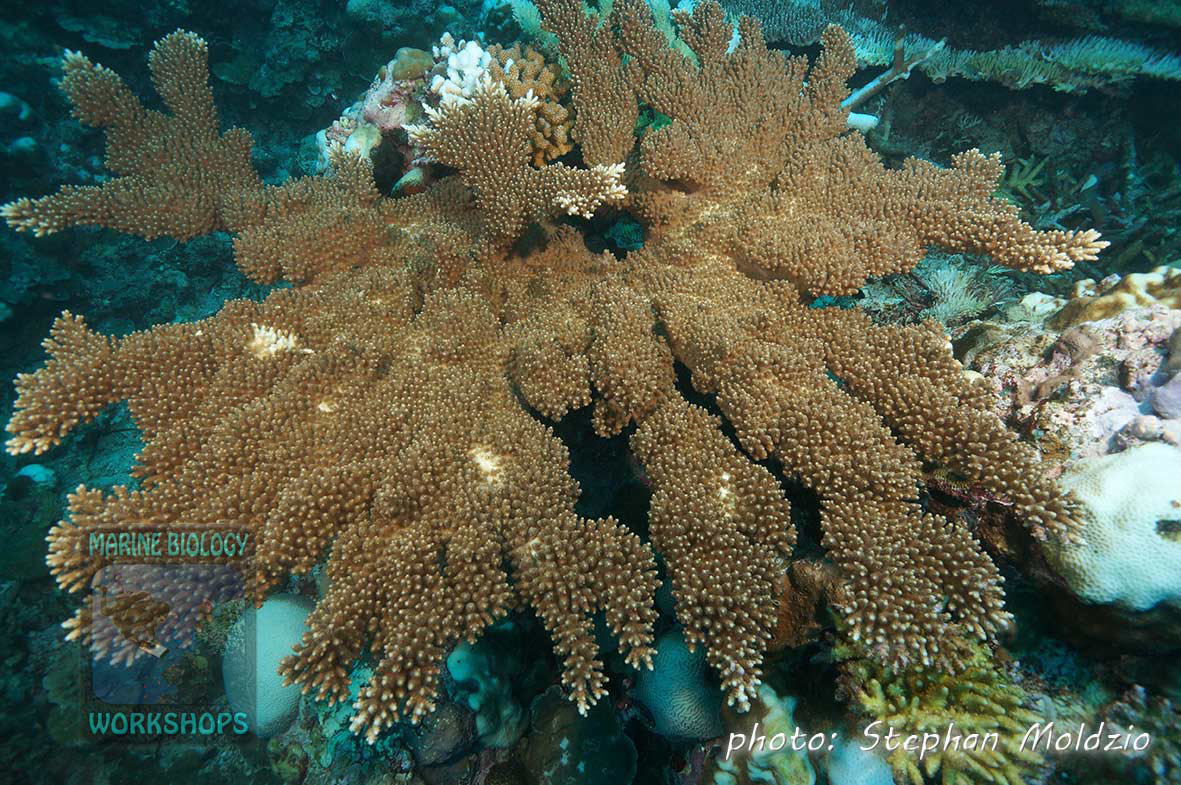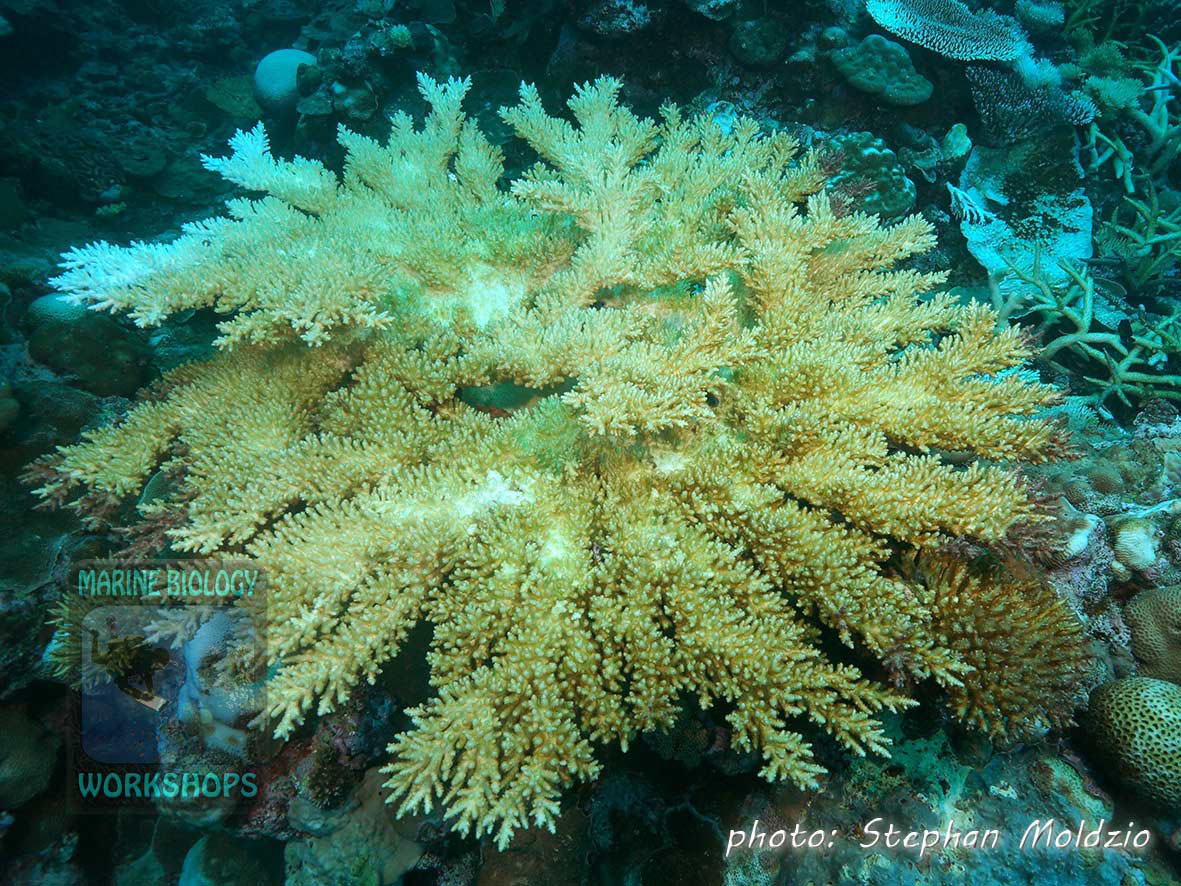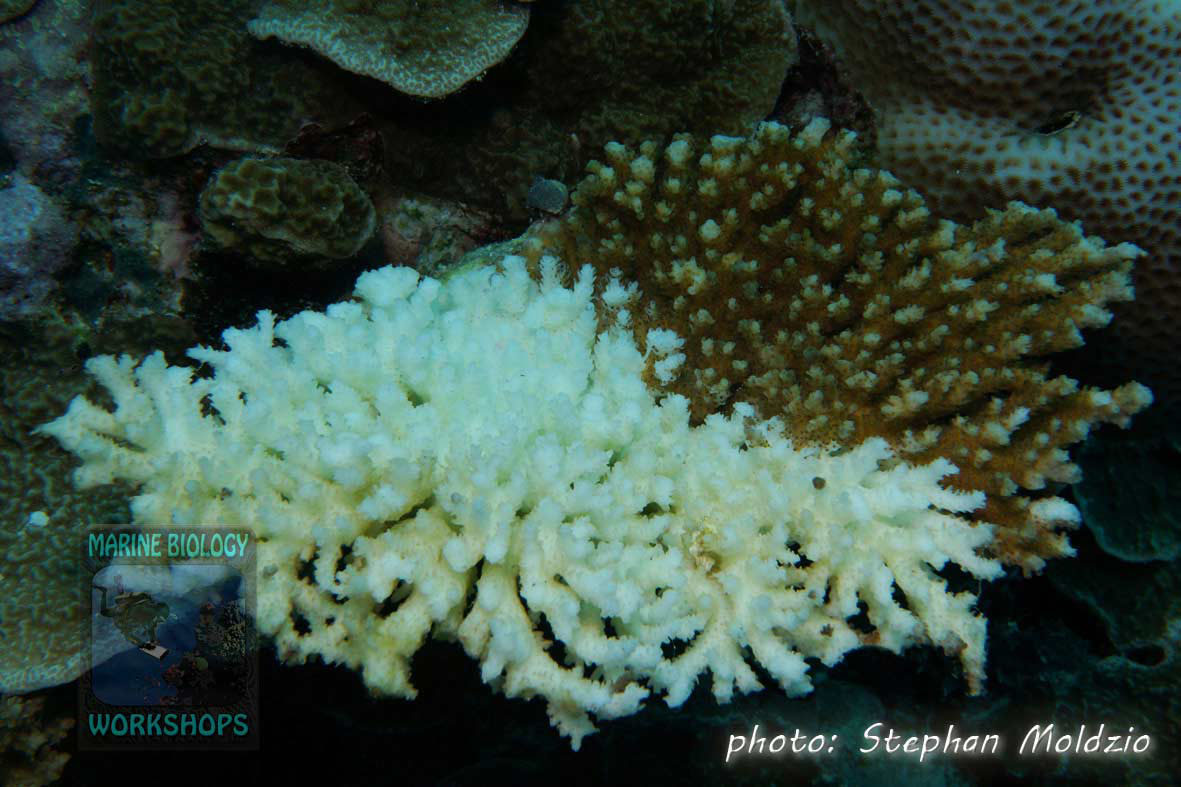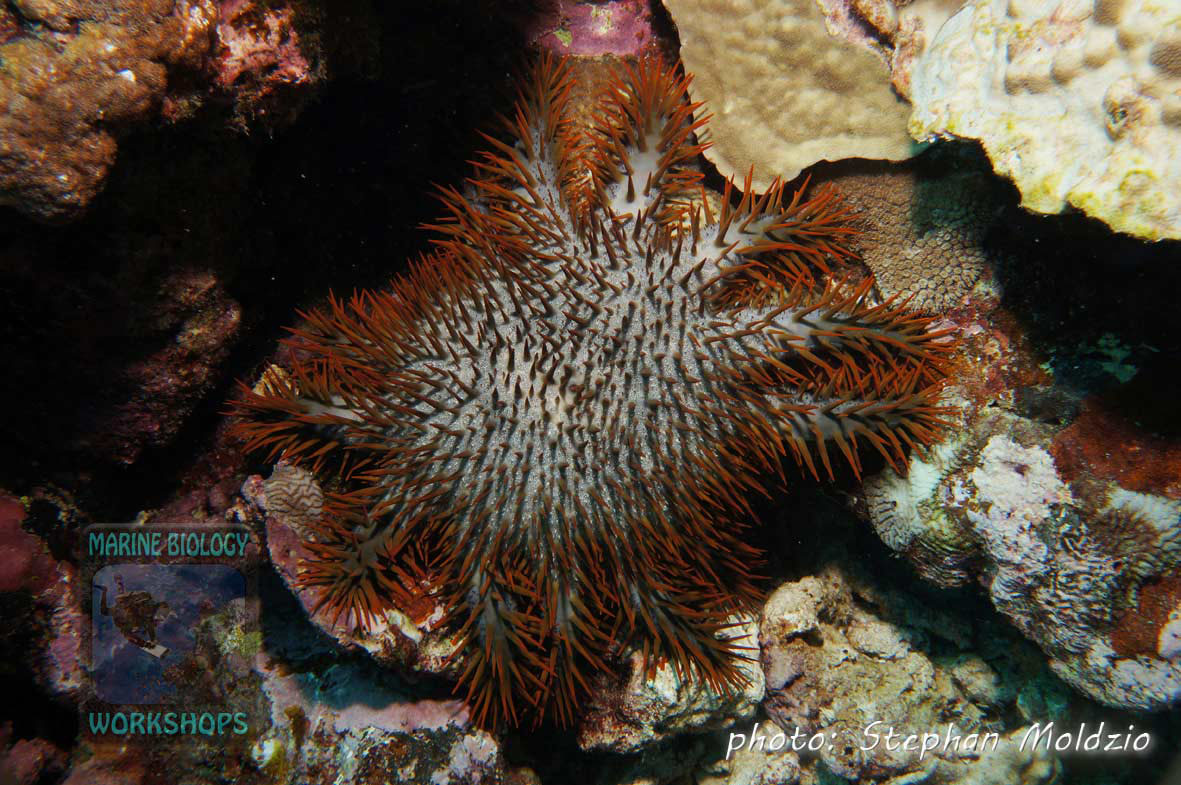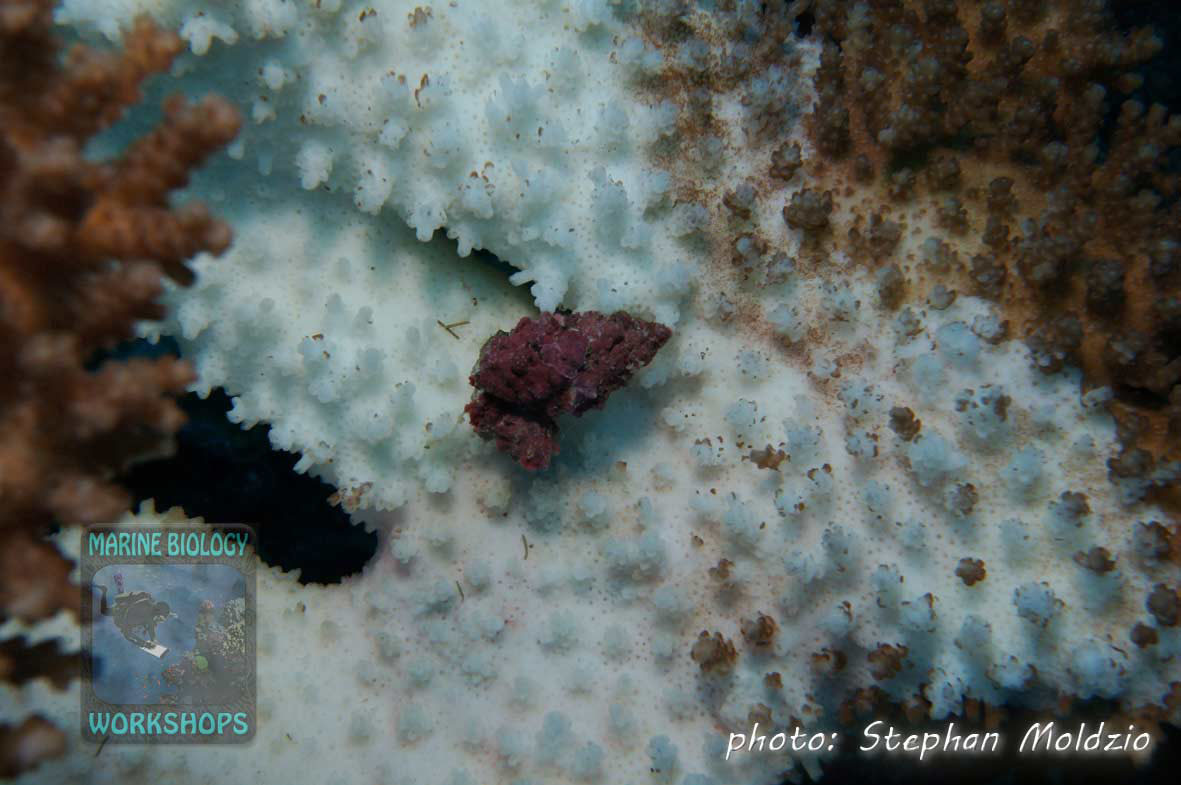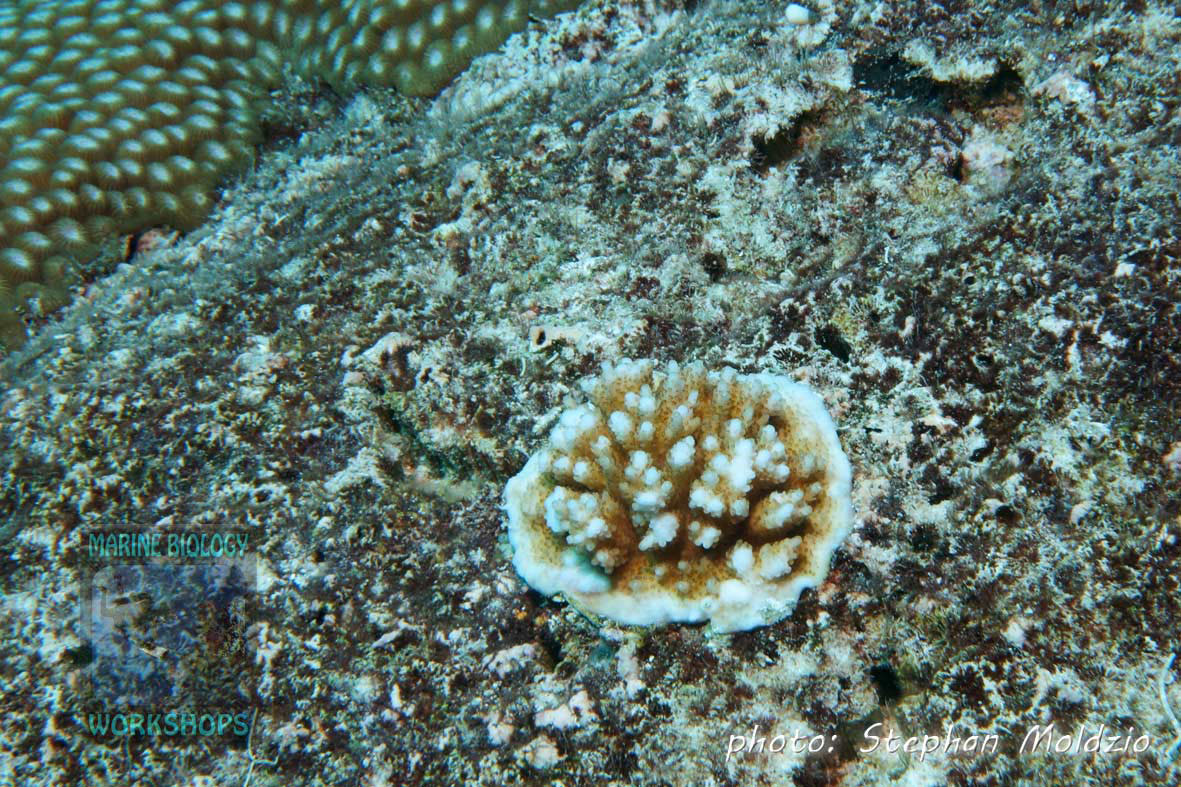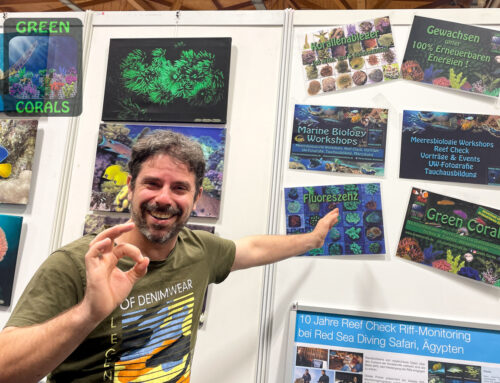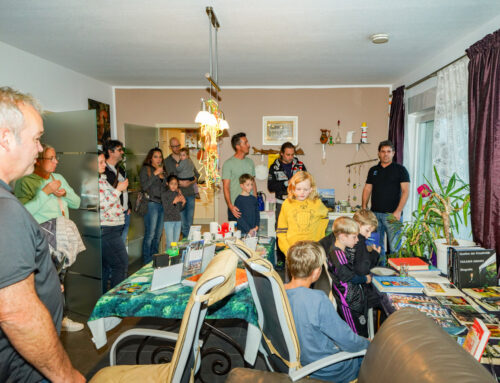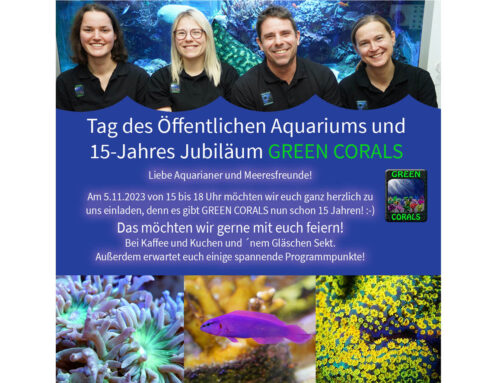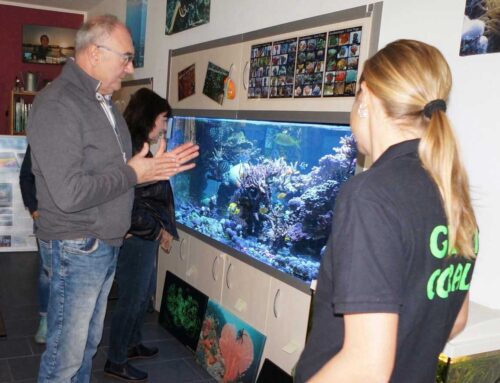The International Coral Reef Initiative (ICRI) has declared the International Year of the Reef (IYOR) for the third time, after 1997 and 2008.
As marine aquarists and coral enthusiasts, we are naturally very interested in the “real” coral reefs in nature and their condition.
Unlike our mini biotope at home, you can’t just “increase the carbonate hardness”, “stabilise the pH” or “cool the tank with a fan” in the summer…
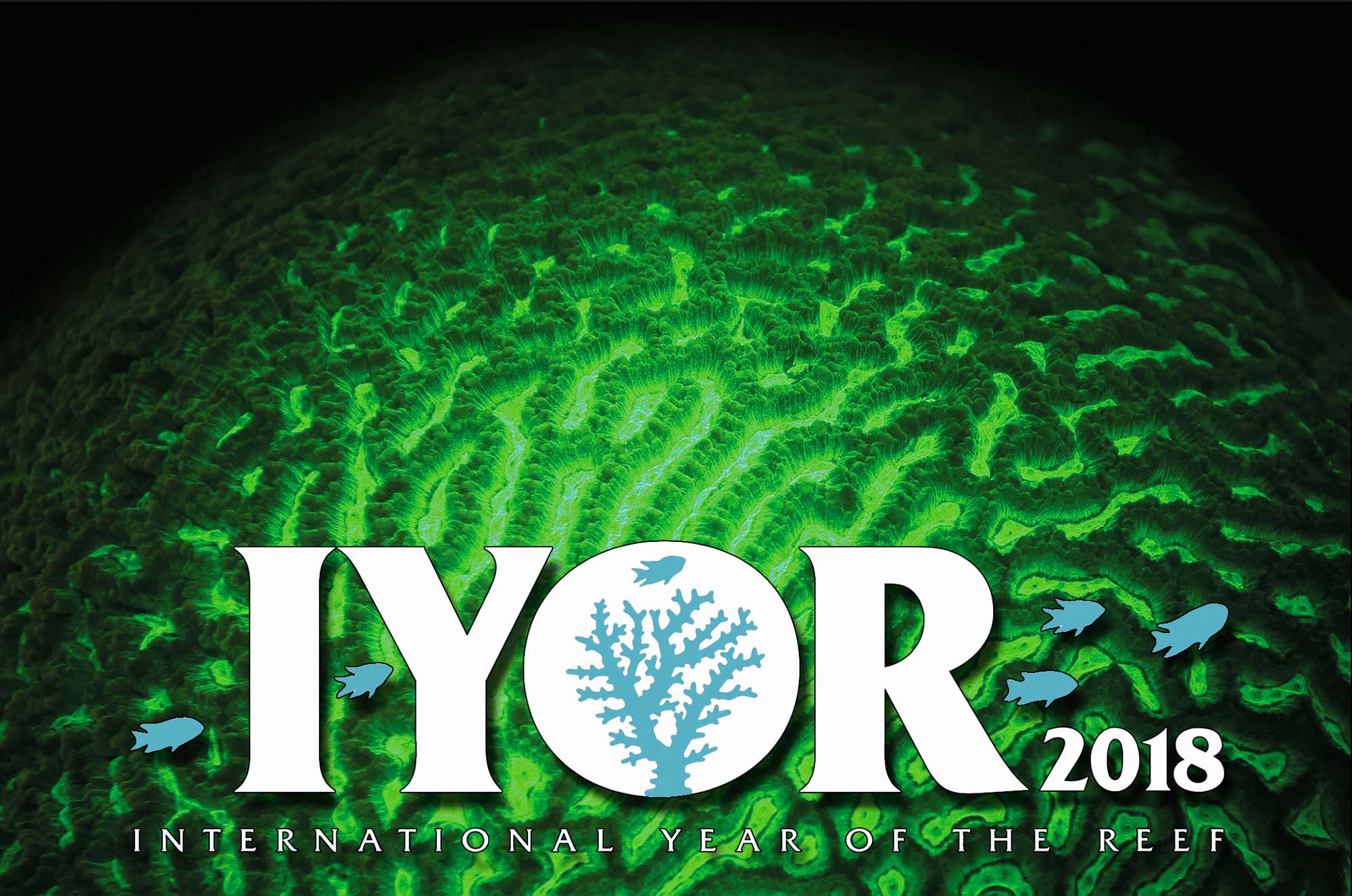
This year, many activities will be taking place around the world to get people excited about coral reefs, raise awareness of their critical state and campaign for their protection. During the IYOR, scientists, organisations and committed citizens will work hand in hand to raise awareness of coral reef conservation, for example through lectures and exhibitions…
The official German website of the IYOR 2018 at www.iyor2018.de provides a wealth of information:
A blog with the latest news, general information about the IYOR team and cooperation partners, a growing list of planned activities, a list of speakers with coral reef experts who can be invited for lectures and events, and mostly freely available materials on the topic of coral reefs, e.g. for schools and further education.
The Facebook page “International Year of the Reef 2018 – IYOR 2018” also offers interesting reports, and the official website of the IYOR 2018 at www.iyor2018.de provides a wealth of information.
Coral reefs feed, inspire and fascinate millions of people – they are considered the most species-rich ecosystem in the sea. Unfortunately, they are under pressure worldwide from a variety of damaging influences:
Warming and acidification of the ocean’s surface waters due to rising CO2 concentrations, overfishing and other over-exploitation, waste and pollution, sedimentation and over-fertilisation of land have led to a real decline in reefs in recent decades.
Around 30% of the world’s reefs are already considered to be destroyed, and climate models predict that almost 90% of all reefs will be regularly bleached by the middle of the century.1 To preserve coral reefs for future generations, these damaging influences must be stopped and we must move towards sustainable management of coral reefs worldwide, which is undoubtedly possible.
There are success stories and everyone can play a part. Spreading this message and creating the courage for change is also a concern of the IYOR 2018″.
1 Press release Opening boot: https://www.presseportal.de/pm/127528/3854025
